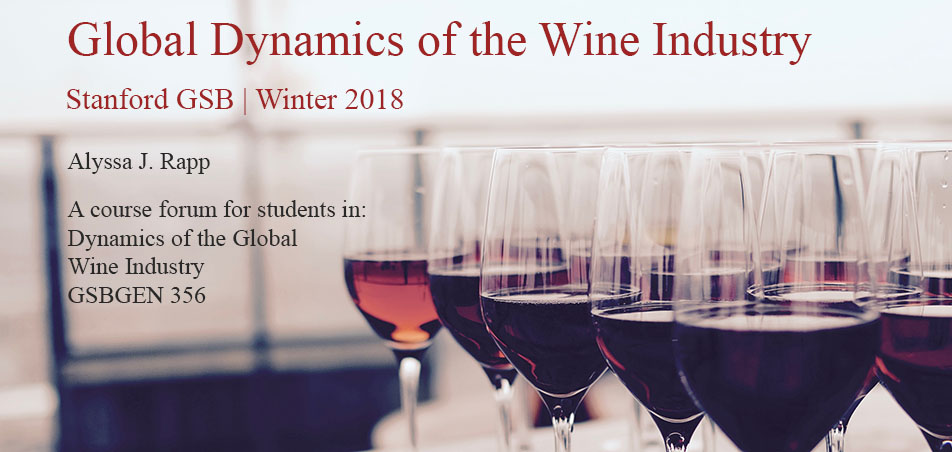Survived the first blog post. Have not been publicly
shamed, nor academically disciplined. A sign of compassion or simply luring me
in, only to strike later? Let’s find out. The year is off to a fast start. The
fire hose is open, and I’m thirsty. Bad combination. Dropped a few classes.
Quality over quantity. Still in GDotWI... My more socially inclined friends have
labeled the classes causing my reticent social behavior as prefixes to my name.
Barging through my door at 11pm on a weekday night, thrusting a beer into my
hand, they indignantly announce their displeasure with d.School Ravi. Where is
Summer Ravi. Bring him back.
So much to choose from. I want to explore entrepreneurship.
I want to enhance my public speaking and presentation skills. I want to step
across the street, into the law school, into engineering, into the social
sciences. I want to immerse in Professor Nemerov’s poetic worlds that exist
within the instance of a single photo. A sponge can only retain a certain
amount of water. As I bounced across Stanford this year, I’ve accepted the
limitations of time and focus.
My story continues at Trader Joe’s. My hipster level rises
half a point as I enter the store, ready to pay a premium for organically grown
green apples that fell naturally from the tree onto Egyptian cotton air-pads,
before spending an hour in the presence of a Sufi Yogi. My sense of purpose and
belonging is reaffirmed. I make my way across to the wine racks. California.
Spain. France. No South African wines? Seriously? There’s pink Himalayan sea
salt packaged in South Africa, but they haven’t managed to find a few bottles
of De Toren, Hamilton Russell, Chocolate Block, Kevin Arnold, Paul Cluver,
Kleine Zalze, or Tokara? Urggh. No choice but to randomly pick wines but from
different regions. Without a plan, strategy, or the requisite skills and
knowledge, I set about acquiring a selection of wines.
It was with a similar feeling to my Trader Joe’s wine
experience that I read the Rothschild case. An uneasy sense of someone standing
in front of a map of the world, without a clear idea of how he was going to
navigate it. At first I wasn’t quite sure whether I was missing something. Was
there an insight into old-world estates growing into new markets? Perhaps
consolidating or redefining their brand? Perhaps it was about changes in the global
agricultural property market? A nagging uneasiness suggested no coherent
strategy to their expansion. How did this come about? Was this the consequence
of an unbalanced executive team?
This case sparked some interesting thoughts. A growing
market of new wine drinkers + lower barriers to entry + lower production costs
in other countries + low customer switching costs + rapid brand creation =
market ripe for disruption?
How do family wineries capitalize on this changing dynamic? Do
they encourage succession planning that retains as much familial influence as
possible, but which may risk siloed thinking or a lack of holistic executive
talent. Or do they bring in talent, but risk family disinterest and shifting
power dynamics which might even result in either selling or partitioning the
land, and consequently losing the power base of critical mass? Or are they best
suited as lifestyle businesses focused on quality retention and not mass-market
domination?
As the baton passes hands, behind the veneer of staged
photos, lies both an incredible opportunity and lurking uncertainty. “Someone
said drink the water, but I will drink the wine / Someone said take a poor man,
the rich don’t have a dime / Go fool yourself, if you will, I just haven’t got
the time / I’ll give you back your water, and I will take the wine.”


No comments:
Post a Comment